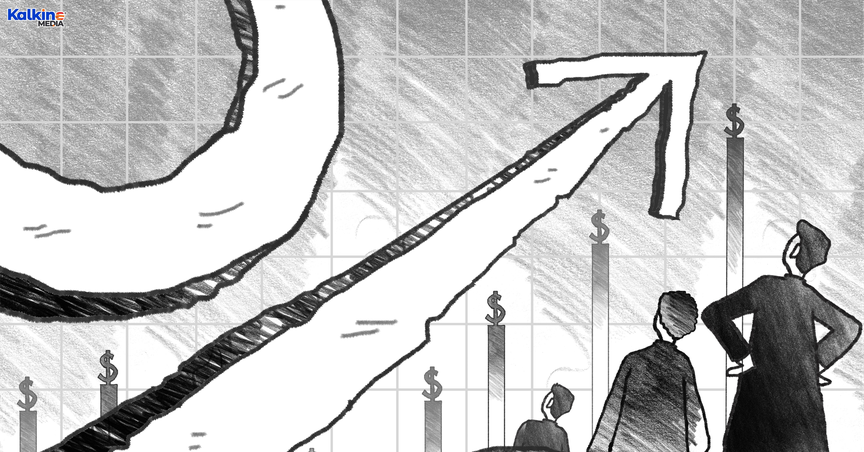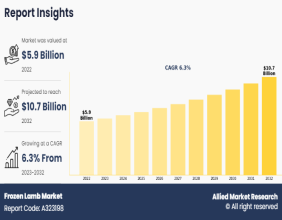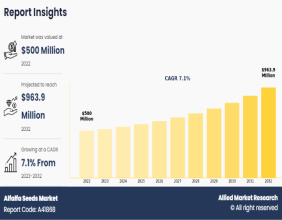Highlights
- Two big banks raise interest rates after the RBNZ hiked the OCR on 23 November 2022
- Westpac and ANZ have increased interest rates in the last two days
- According to analysts, the other banks are likely to follow suit
The biggest banks in New Zealand have raised home loan interest rates following the official cash rate (OCR) hike by the Reserve Bank of New Zealand (RBNZ) on 23 November 2023.
On 30 November, Westpac announced that it would increase its range of home loan interest rates by up to 50 basis points. Westpac said that its special rates would rise by 50 bps, except the four-year rates, which rise by 40 bps.
Westpac is the second bank to announce an increase in interest rates after the RBNZ announced its OCR hike by 75 bps on 23 November.
On 29 November, ANZ, one of the biggest banks operating in New Zealand, also announced a home loan fixed rate of 55% per annum. However, for the four- and five-year terms, the rate will increase by 0.35% pa, the bank said in a statement.
This means that fixed home loans would range from 6.54% on a one-year special through to 7.64% on a five-year standard rate, as per the ANZ announcement. According to analysts, the other banks are also likely to follow suit, as per.
RBNZ’s biggest rate hike
On 23 November 2022, the RBNZ delivered an OCR of 75 basis points to 4.25%. This is the sharpest rise ever since the central bank started raising interest rates to curb inflation.
In a statement issued after the OCR announcement, the RBNZ said that inflation was too high in New Zealand and employment was beyond its maximum sustainable level. The Monetary Policy Committee (MPC) agreed that it had to act decisively to return the inflation to its target level of 1-3%.
The committee also discussed international economic developments. It said that most central banks had continued to tighten their monetary conditions and were also pointing towards further rate hikes in the near future. The MPC also said that expectations for global economic growth have declined further. While China’s economy is facing headwinds due to its property, the United States and Europe are experiencing the effects of high inflation, tighter financial conditions, and economic uncertainty, it said.
Further, central banks also pointed out that the anticipated global slowdown was likely to affect New Zealand through trade and financial channels.
The RBNZ pointed out that consumer price inflation in NZ in the September quarter was significantly stronger than expected. Measures of core inflation rose and price pressures were broad-based. Further, the price pressures will be sustained over the coming months, it said
Impact of rate hikes
The raise is as per the predictions of economists. This move by the central bank was likely to influence the cost of borrowing money in NZ as it would now cost commercial banks more to borrow, and the cost is expected to be passed on to the borrowers.
The rate hikes by the banks will likely put additional pressure on households that are already paying more for day-to-day items due to high inflation at 7.2%. Inflation is running high globally due to the high cost of raw materials, commodities, and energy.



